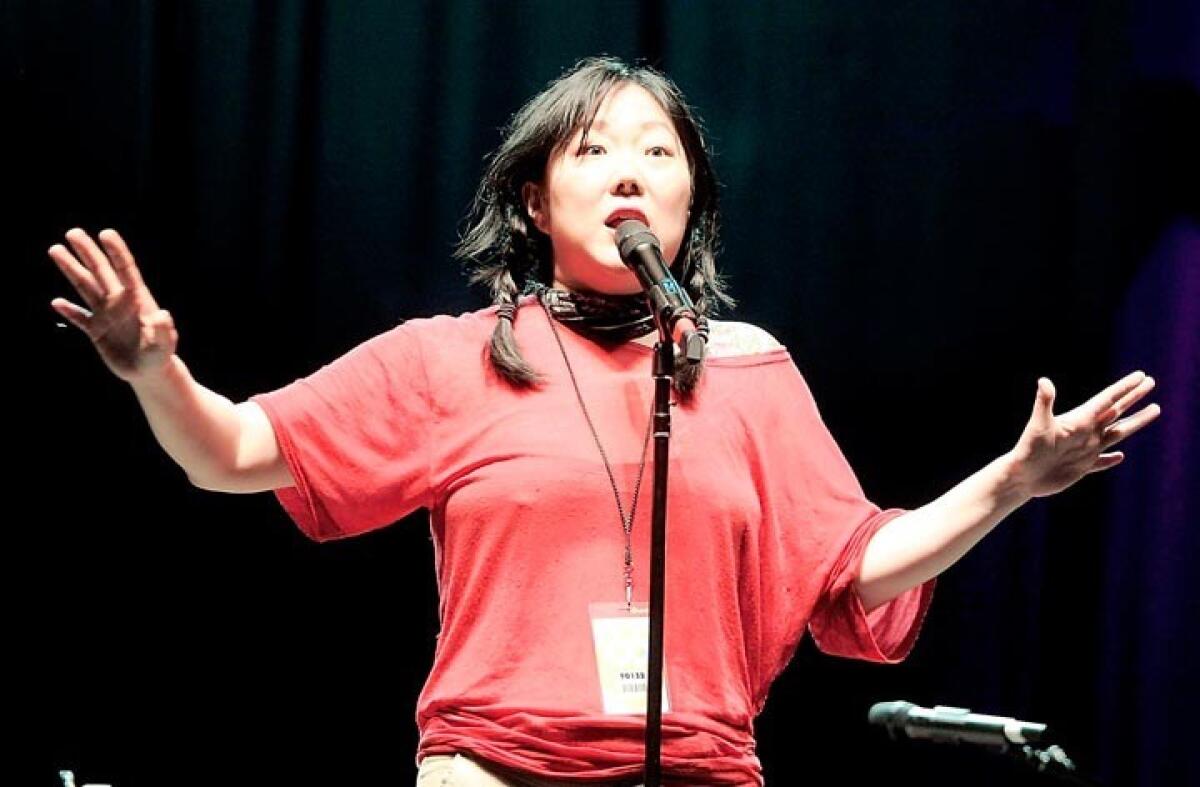Okay, so, the other day I was diving deep into this whole thing about whether “orient” is offensive or not. It started with a simple question, but boy, did it open a can of worms.

I kicked things off by hitting up the usual spots—you know, the internet, to see what the general vibe was. Found a bunch of articles and discussions. Some folks were saying, “It’s an old term, it’s not a big deal,” while others were like, “Nah, it’s outdated and can be seen as offensive.” I mean, classically, “oriental” referred to everything from Turkey to the Philippines. That’s what I’ve read. They used to think it was a broad term that meant “ain’t Europe,” which I found interesting.
Then I dug a bit deeper. I started looking at how the word “orient” is actually used today. Turns out, people use it to describe things like rugs, lamps, or tea. It’s kind of a commercial term. Someone even said, “the orient” was a direction. “Orient” is like the East, and “Occident” is the West. It’s not just about geography; it’s got all these cultural and, like, geopolitical vibes attached to it. The Orient can suggest deep spirituality, cunning ruthlessness, a martial ethic. I also found out that “orient” is a smaller region than the continent of Asia.
I even stumbled upon some info from the U.S. Department of Health and Human Services. But honestly, it got so complicated with all the different perspectives.
After that, I went down the rabbit hole of online forums. Reading through people’s personal experiences and opinions was eye-opening. Some people shared stories where they felt the term was used in a way that was totally harmless, but then others talked about times it made them feel, you know, othered or stereotyped. There are a lot of arguments about “Asian” too. But it also sucks.
So, what did I learn from all this? Well, it’s complicated. The word “orient” has a lot of history and different meanings. For some, it’s just a word to describe stuff. But for others, it carries a lot of baggage and can feel pretty loaded. I guess the big takeaway is that it’s important to be mindful of the words we use and how they might make others feel.

- Context matters.
- History matters.
- And people’s feelings matter.
It’s not about just saying, “This word is good” or “This word is bad.” It’s about understanding the whole picture and being respectful. I’m still thinking about all this, to be honest. But it’s definitely given me a lot to chew on.















